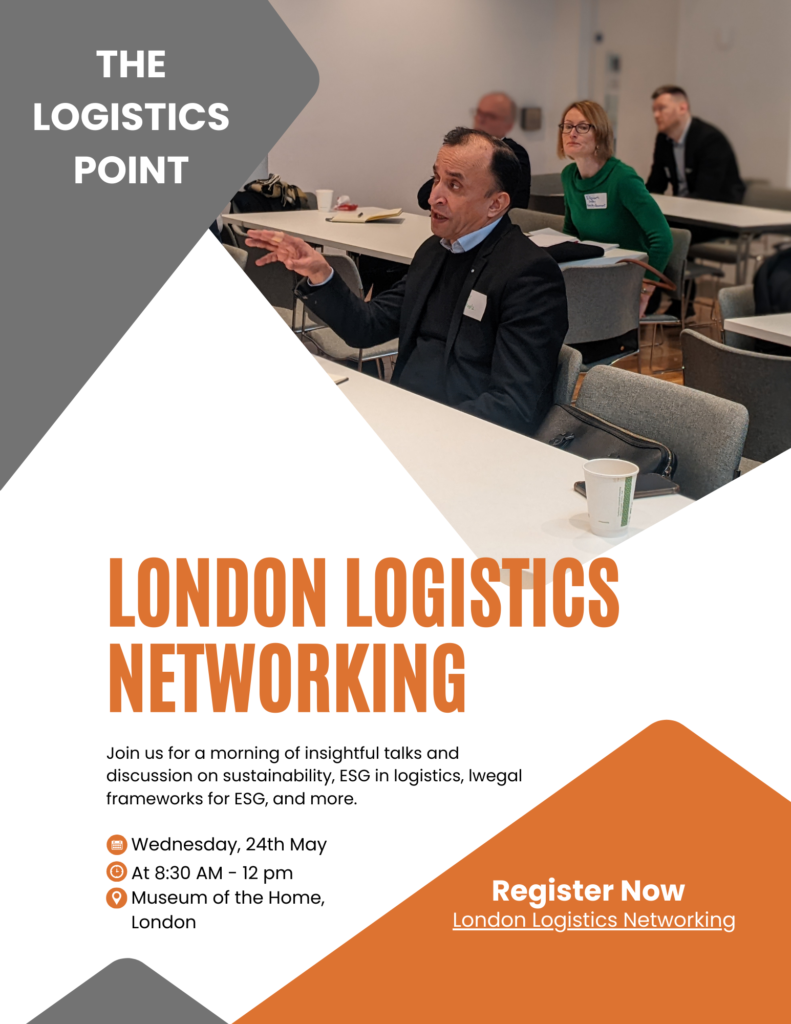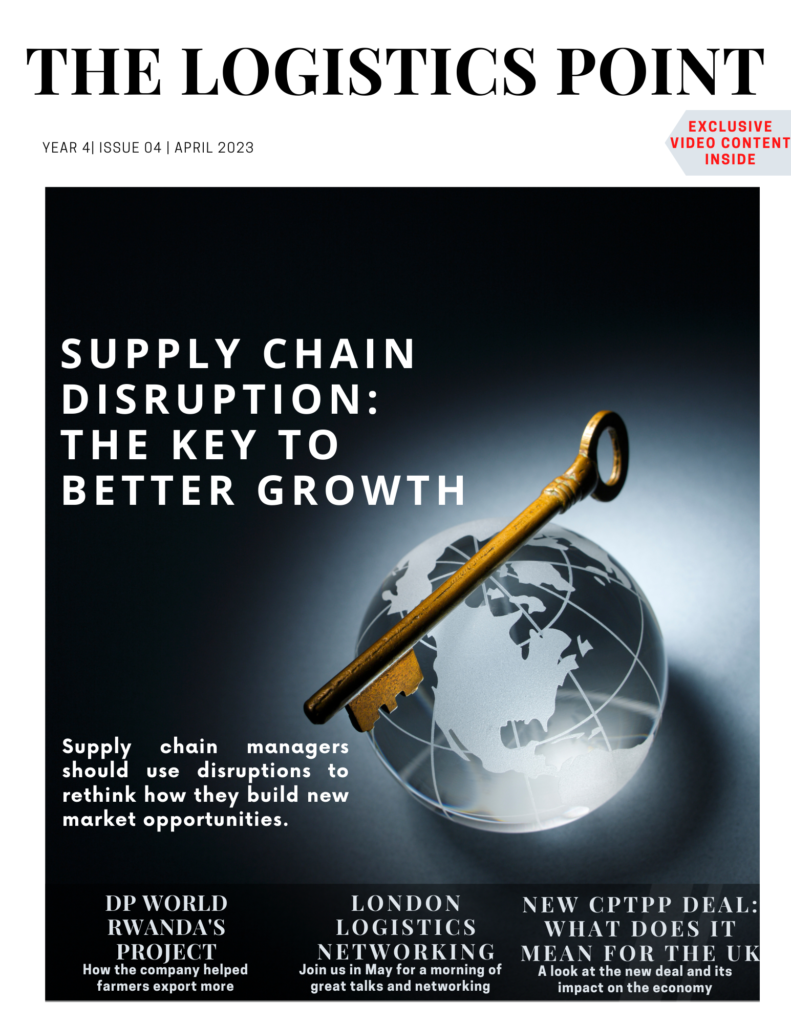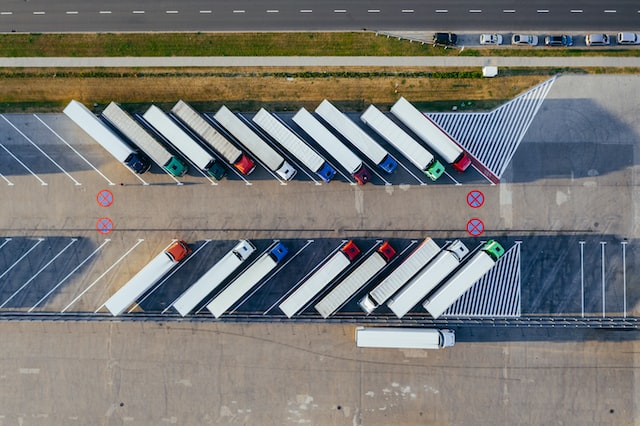As Gen Z entres the workforce and becomes a significantly active economic group, organisations all around the world are looking carefully at what they need to change in their operations. Sustainability and true green initiatives are carefully scrutinised and expectations are shared openly. We spoke to John Gillan, General Manager of Stuart UK, about a recent research Stuart did on expectations for delivery services and e-com.

London Logistics Networking on the 24th May!
Together with Evri, Descartes Systems Group, Zedify, and Backhouse Jones Solicitors.
Get your Early Bird ticket now!
Explore the world of sustainability and logistics. Share your opinion and ask burning questions.
John, Stuart recently published a research showing an expectation for growth in delivery services. Can you summarise what you found most intriguing about the results?
The most interesting aspect for me was the definitive age split in the data. Young people overwhelmingly order more online, and say they plan to continue this practice – and in some cases that they intend to increase their delivery rate.
As Generation Z begin to enter the workforce and, as a result, become one of the most significant consumer groups, they are fundamentally altering the way that the economy works. This is reflected in the shifting expectations.
Sustainability and faster customer service are set to become more and more important as young people become increasingly selective about which services they use.
What challenges will companies face now, as consumers demand more? How to overcome them?
The most difficult hurdle for companies will be to take the leap and invest in more sustainable solutions. As consumer expectations shift, it is clear that businesses need to build a sustainable business model that is resilient in the face of climate change, rising inflation and the ever-growing cost of fuel.

Here at Stuart, sustainability is at the heart of what we do. We are building fleets of electric vehicles in our Hub to Home model, while rethinking delivery processes so as to make each trip as efficient as possible. Making these system changes can present a challenge to companies initially, but the positive business impact outweighs this in the long run.
Sustainability seems to be at the forefront but are consumers really interested? What does it mean for the business model?
The short answer is yes – consumers are interested in sustainability. This has been a talking point for decades, and it will continue to be so long into the future.
When people have the opportunity to choose a more sustainable brand or option, they will do so. In this YouGov survey, sustainability is listed as one of the more significant expectations that consumers have of organisations – and businesses are looking for ways to deliver.
For logistics companies, this means remaining future-focused and finding innovative ways to build a more sustainable system for deliveries. At Stuart, we have always held sustainability at the very core of our business model, and are continually looking for ways to learn, grow and improve. ✷



